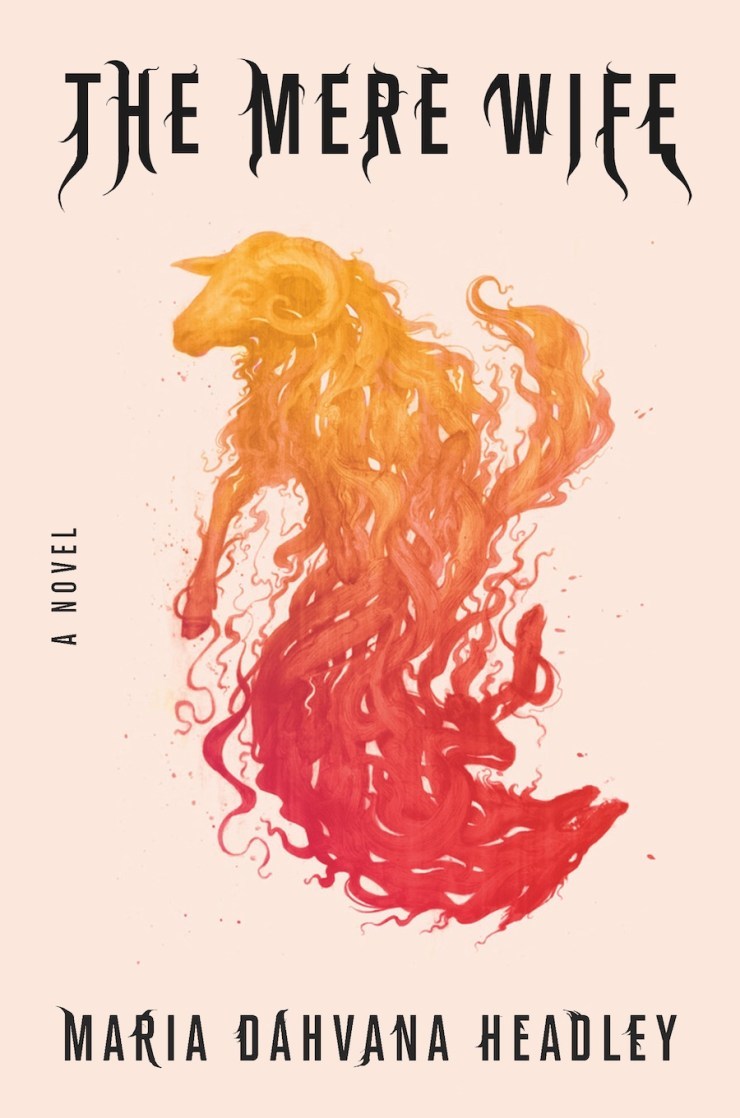What do you think?
Rate this book


308 pages, Hardcover
First published July 17, 2018
We are a white deer and we are a black raven and we are blood in the snow. We are a sword made of old metal and we are a gun filled with old bullets and we are a woman standing before her mother’s bones, holding her family treasure, broken.
The hall loomed golden towers antler-tipped; it was asking for burning, but that hadn't happened yet. You know how it is: Every castle wants invading, and every family has enemies born within it. Old grudges boil up. Listen.
Listen to me. Listen. In some countries, you kill a monster when it’s born. Other places, you kill it only when it kills someone else. Other places, you let it go, out into the forest or the sea, and it lives there forever, calling for others of its kind. Listen to me, it cries. Maybe it’s just alone.
There’s no sign of her gravestone now. I don’t know how they got permission to build mini-mansions on top of a graveyard, but I guess they did. The cemetery was almost two hundred years old. People never think, until it happens to their place, that all construction is destruction. The whole planet is paved in the dead, who are ignored so the living can dig their foundations.
If something’s happened once, we could all find love again. If something’s happened once, none of us are done for. None of us are the last of us. The story is all of the voices, not just the voice of the one who tells it at the end.